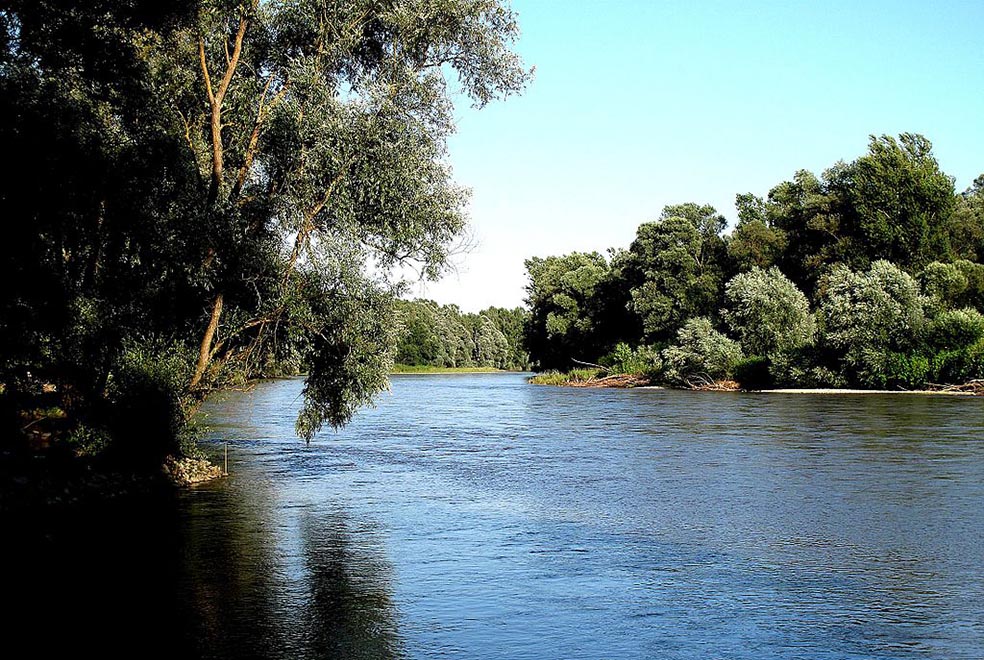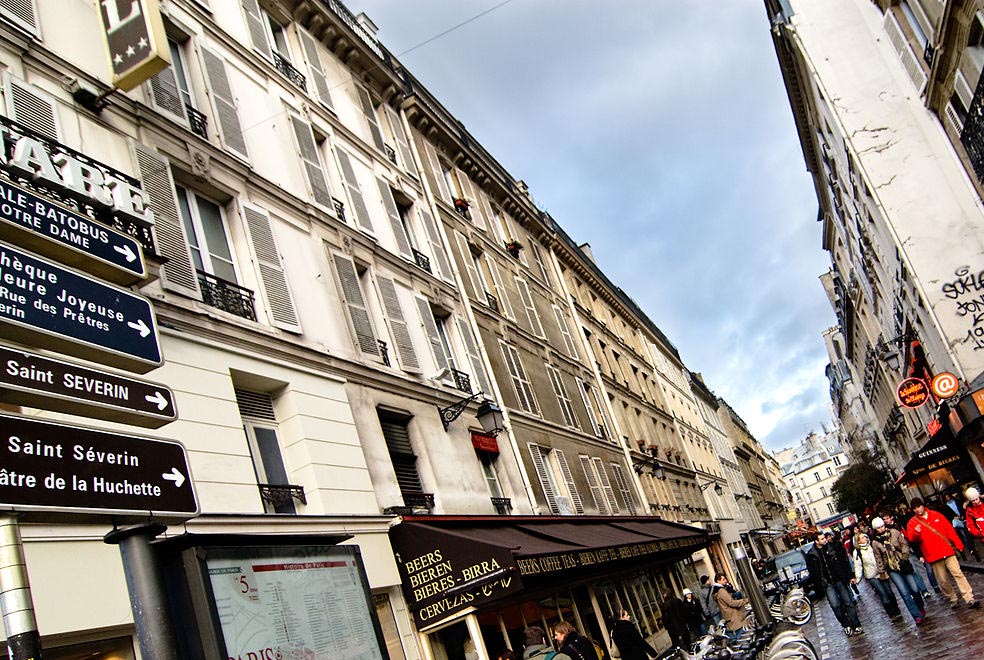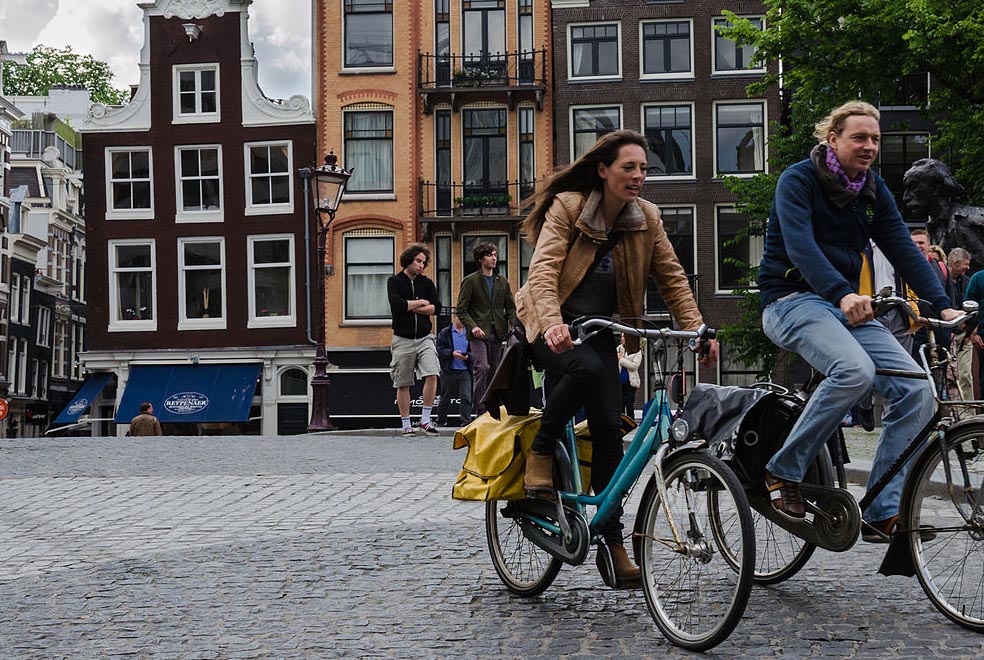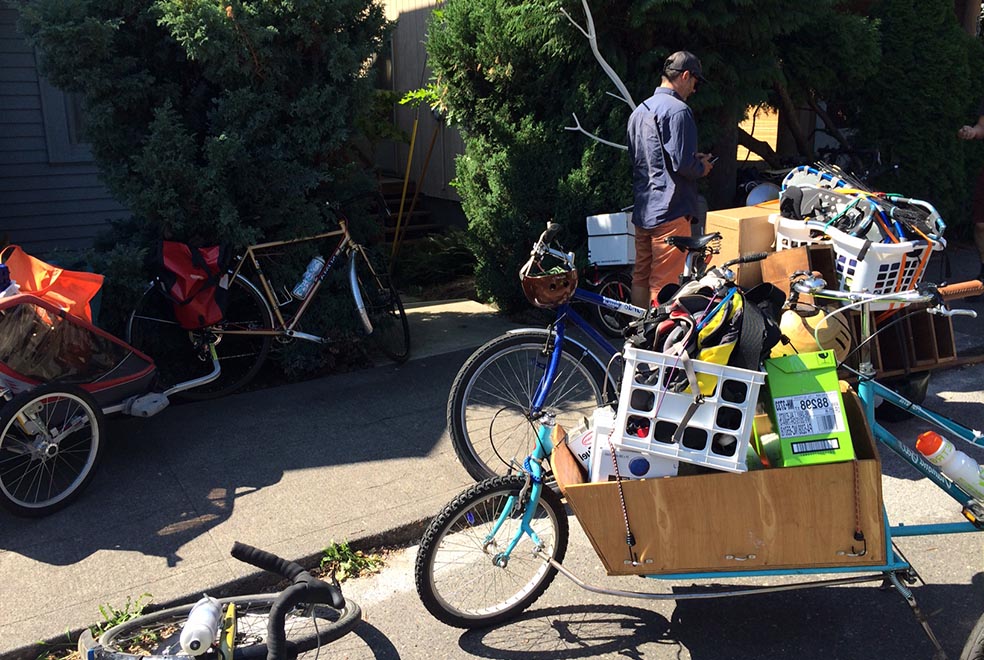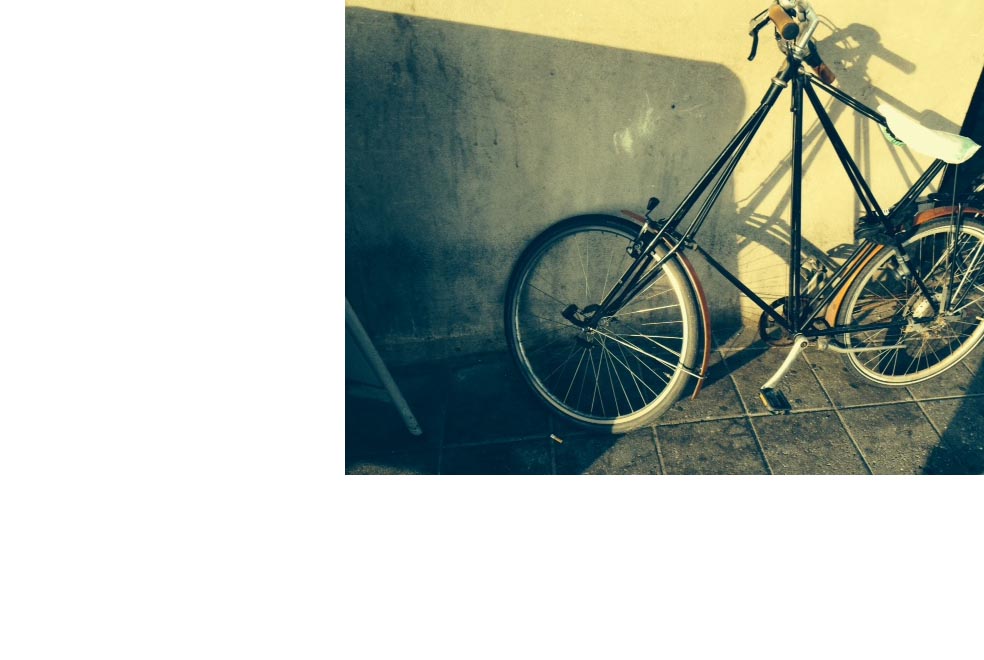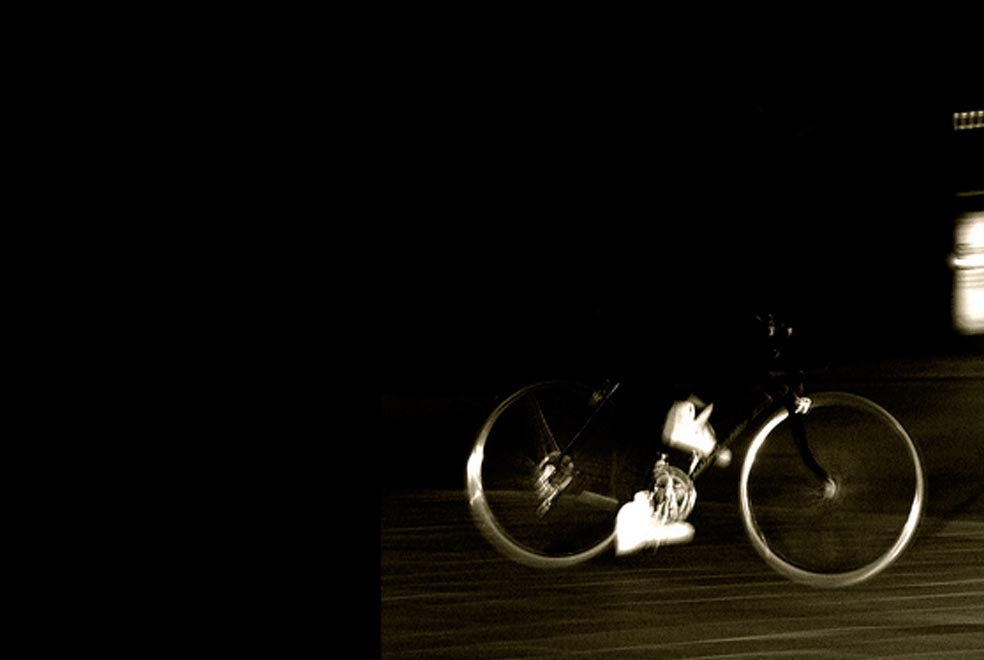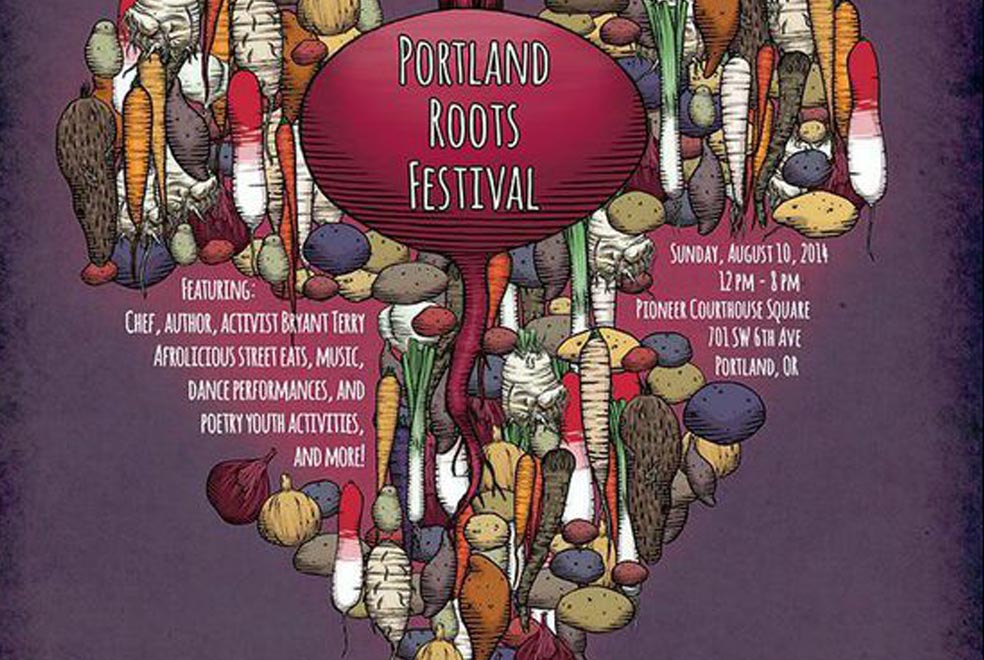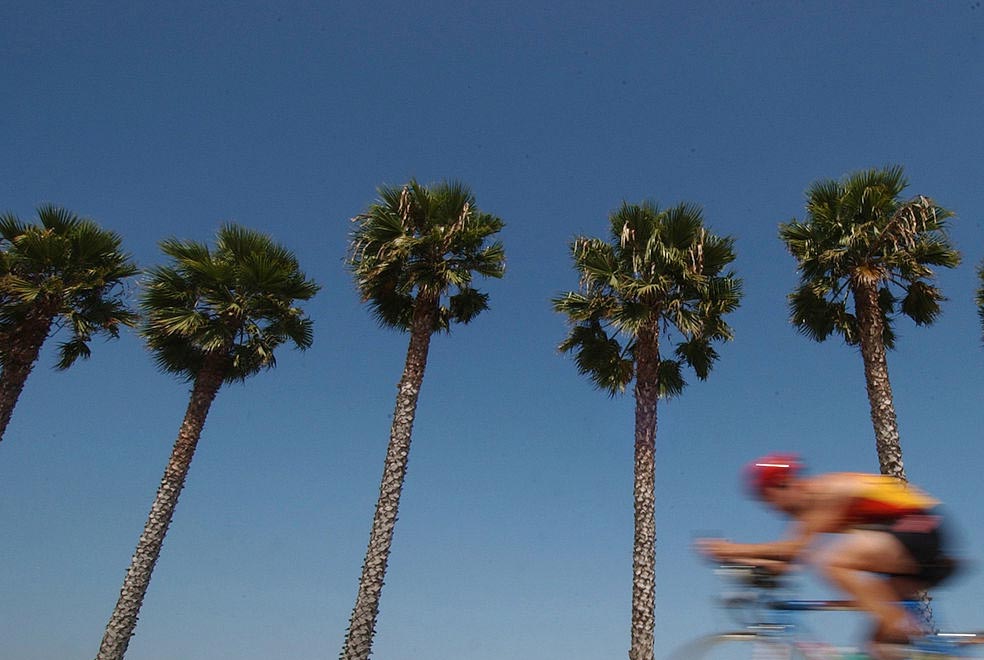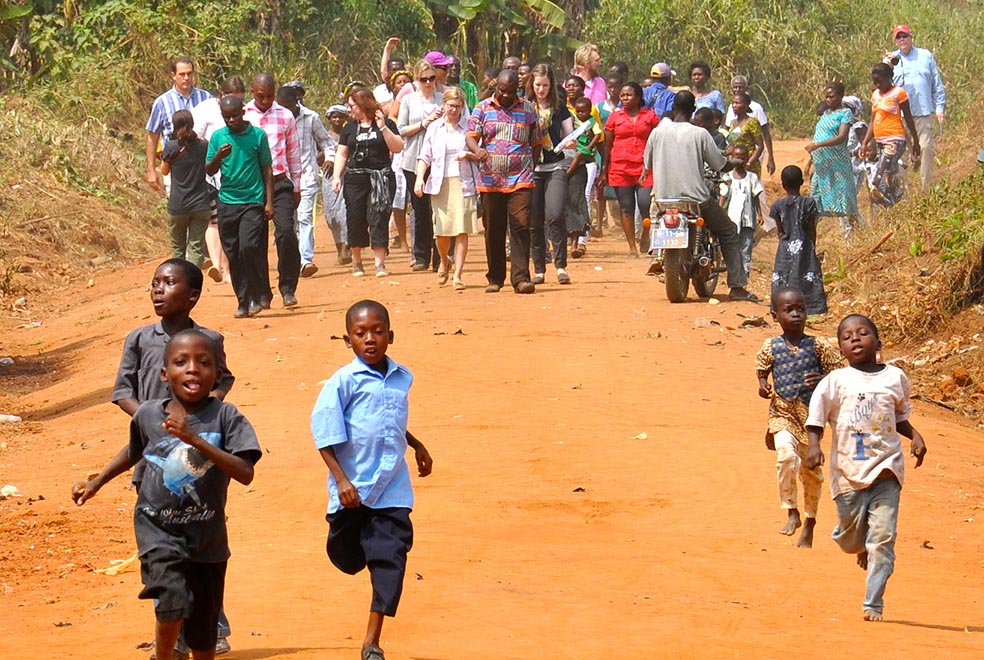Tweet Last week I attended the 25th anniversary Bioneers Conference in San Rafael, California. What is Bioneers, you ask? “Bioneers is a fertile hub of social and scientific innovators with practical and visionary solutions for the world’s most pressing environmental and social challenges,” says the website. I’ve been to several sustainability conferences in my life and I have to say, this was the best one. Many of the previous sustainability conferences I’ve been to focus on technological fixes to our climate change problems. While Bioneers pays plenty of attention to technology, there was an equal focus on people, culture and…
Archive for the ‘sustainability’ Category
Tweet In The Death and Life of Great American Cities, Jane Jacobs said that “Cities need old buildings so badly it is probably impossible for vigorous streets and districts to grow without them.” But in an age of burgeoning urban populations and a pressing need to accommodate a more and more people into cities, does this still hold true? Shouldn’t we be replacing older smaller buildings with LEED Platinum high-rises? “Where do older, smaller buildings fit within cities that are seeking to maximize transit investments, increase density, and compete in the global economy” ask some urbanists. A new report…
Tweet Build it and they will come, right? For architects, all solutions to urban, suburban, and even rural problems lie in the built environment. Just look at Le Corbusier’s Plan Voisin, Frank Lloyd Wright’s Broadacre City and even Paolo Soleri’s Arcology. These are all visions for cities that are supposed to be more egalitarian, more accessible and in Soleri’s case, more in harmony with nature. But what if the solution to the world’s problems isn’t to build something new? Or even to mess with what’s already there? Maybe the solution is to make room, not build something. Maybe the solution…
Tweet Today’s post is by contributing writer Lucky Sharma: I always thought that the better a city’s bike infrastructure is, the higher the number of people who bike and the healthier the general population is compared to its counterparts. I hypothesized this based on the innumerable observations I had gathered in my head while biking for hundreds of miles in cities within and outside the US. My intent was to confirm the hypothesis that establishes the correlation (if not causality) between the bike-ability or ease of biking in a city and the fitness of its citizens. Based on data from…
Tweet Similar to the notion of people who bike because they want to and people who bike because they have to, the person who is in the Bike Move #1 photo above is hauling stuff by bike because he has to. The person in Bike Move #2 photo is hauling stuff by bike because she wants to. The guy in Bike Move #1 would jump at an opportunity to move that stuff by car, but he’s moving it on his bike because he probably can’t afford a car. The person in Bike Move #2 has every opportunity to move that…
Tweet Today’s post is by guest contributor Paul Loomans. Paul is a development professional involved in sustainability, community, and biking. He is car-free in Phoenix Arizona. Paul is COO of Firefly Living, a new generation real estate organization. He also loves cats. It was my last night in Copenhagen. Over most of the past two weeks, I’d seen the world’s best biking city from the seat of a bike. Since I had gone car-free in Phoenix about three years ago, I figured it was time to visit Mecca for biking inspiration. I stayed with four different Couch Surfing and Airbnb…
Tweet Some bicycling enthusiasts will insist that there are no barriers to entering the bicycling community and that it is open to anyone who wants to join. Just look at the comments on my post, Is Bicycling Only for Fit White People? And a lot of people will insist that there are certainly no racial barriers to bicycling. This may technically be true. Everyone is technically welcome to bicycling. But why is it, according to the research of Eve Bratman and Adam Jadhav, that “in some places, the people who ride are mostly wealthy and white?” There are two types…
Tweet This Sunday, August 10, is the 2nd Annual Portland Roots Festival sponsored by the Portland Community Reinvestments Initiatives (PCRI). The African food festival will feature food and crafts vendors, educational activities, music, live performances and a keynote speech by chef Bryant Terry, author of Vegan Soul Kitchen: Fresh, Healthy, and Creative African-American Cuisine. The festival is out “to promote healthy living through nutrition and exercise by tapping into the rich and ancient sustainable food practices of the African people…[and] highlight the different yet similar avenues these cultures took through celebrating the food practices of African-American, Afro-Caribbean, Afro- Latin, and…
Tweet Apparently. The biking community in Portland is overwhelmingly white and seems to be comprised of the ultra fit who routinely go on 300-mile bike camping trips or insist on biking long and hilly distances in town, scoffing at those who choose easier, multi-modal ways of getting around. Don’t get me wrong, this level of fitness and dedication is laudable, certainly. But it’s also very intimidating and unusual. The biking community in Portland, at least the biking community I have been exposed to, tends to skew heavily (or should I say muscularly?) toward fit and environmentally conscious white people. Granted,…
Tweet It’s easy to feel powerless in the face of powerful private interests, such as greedy developers and large corporations who seem to have a direct line to the decision makers in the government. Here in Portland, events like developers demolishing existing homes and displacing residents to put 4-6 story condo developments, disappearing local businesses that can’t afford rising rents and community amenities like food cart pods that are being kicked out of the lots they helped revitalized are just some of the injustices people are feeling. Do people who don’t happen to have millions of dollars or a big…















